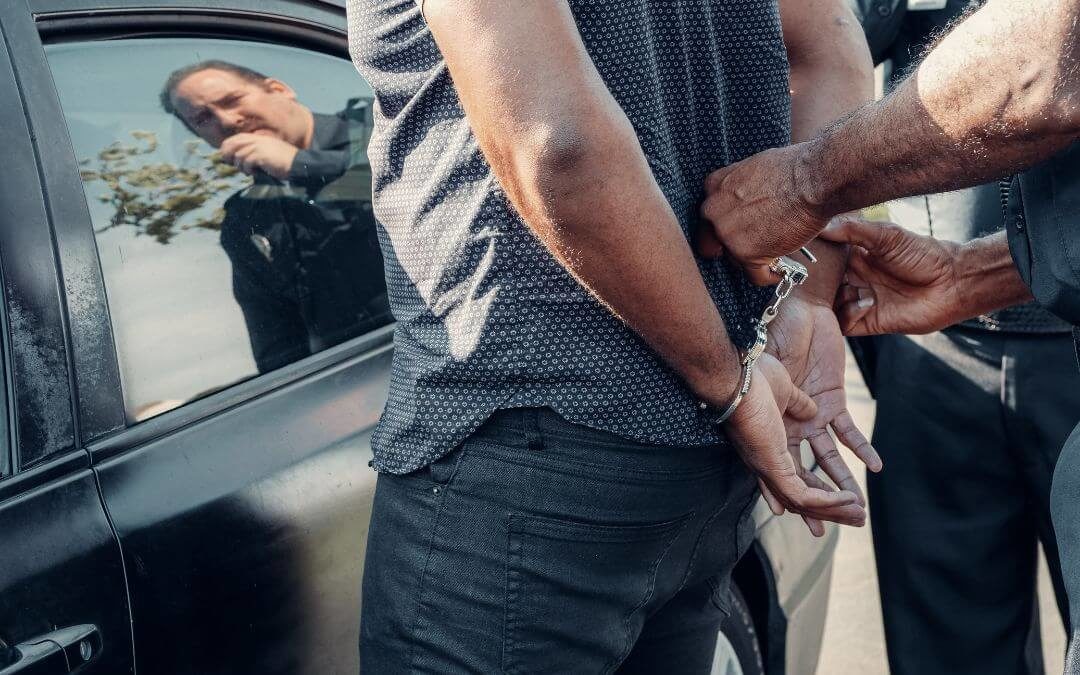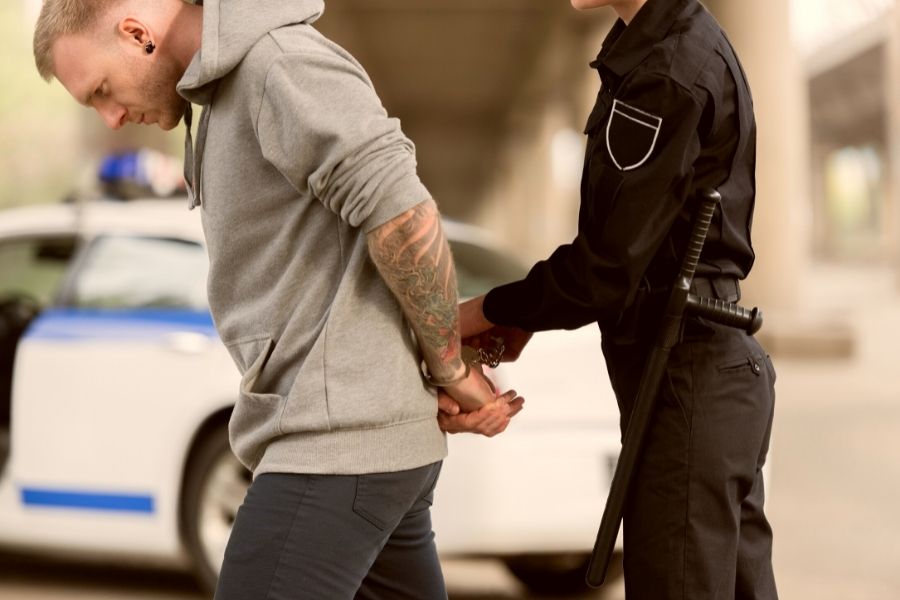
Can I Fight A Probation Violation Charge?
Probation serves as an alternative to incarceration, offering individuals a chance to rehabilitate and reintegrate into society while under court supervision. Unfortunately, probation violations can happen, and these can lead to legal consequences. If you face a probation violation charge in Ohio, you might wonder if you can fight it. In this blog, we’ll explore the process of challenging a probation violation in Ohio and the key factors to consider.
Understanding Probation Violations in Ohio
Probation in Ohio typically involves a set of conditions that you must adhere to while serving your probation term. Common conditions include regular check-ins with a probation officer, abstaining from drugs and alcohol, maintaining employment, and avoiding any new criminal charges. When you fail to meet these conditions, it’s considered a probation violation.
Probation violations can be categorized into two types: technical violations and substantive violations.
- Technical Violations: These involve breaking the rules of probation that do not involve new criminal activity. For example, missing a meeting with your probation officer or failing a drug test could be a technical violation.
- Substantive Violations: These involve new criminal activity while on probation. Committing a new crime, no matter how minor, can result in a substantive violation.
Fighting a Probation Violation
If you’re facing a probation violation in Ohio, you have the right to challenge the charges. The process involves several steps:
- Notice of Violation: You will receive a notice of violation, detailing the alleged violations and the potential consequences.
- Hearing: You have the right to a hearing where you can present your case. It’s important to understand that the burden of proof is lower in probation violation cases compared to regular criminal trials. Instead of “beyond a reasonable doubt,” the standard of proof is typically “preponderance of the evidence,” meaning that it’s more likely than not that you violated your probation.
- Legal Representation: It’s highly advisable to seek legal representation. An experienced attorney can help you build a strong defense, challenge evidence, and present your case effectively.
- Evidence and Witnesses: Gather evidence or witnesses supporting your case. This may include alibis, character references, or proof that you were making a genuine effort to meet your probation conditions.
- Negotiation: In some cases, it may be possible to negotiate with your probation officer or the prosecutor to reach an agreement. This could involve modifying your probation conditions rather than facing more severe consequences.
Talk to Nathan Akamine for FREE
If you or a loved one is facing charges, don't wait to call.
Possible Outcomes
When fighting a probation violation in Ohio, there are several potential outcomes:
- Dismissal: If you successfully challenge the violation, it may be dismissed, and you can continue your probation as originally ordered.
- Modification: In some cases, the court may modify your probation conditions or extend the probation term.
- Revocation: If the court finds you in violation of your probation, it can revoke your probation and impose more severe penalties, such as incarceration.
Challenging a probation violation charge in Ohio is possible, but it can be a complex and challenging process. It’s crucial to take the situation seriously, seek legal representation, and be prepared to present a strong defense. Additionally, always aim to comply with your probation conditions to avoid future violations, as maintaining a positive record can be crucial to your success in these cases.
Remember that the outcome of your probation violation hearing will depend on the specific circumstances of your case and the evidence presented. If you’re facing a probation violation, consult with an experienced attorney to guide you through the process and advocate on your behalf.
If you or someone you love has been accused of violating probation, don’t face the charges alone.
Defense attorney Nathan Akamine will help you. He is a former Franklin County Prosecutor and he has successfully defended clients at probation violation hearings for 20+ years.




